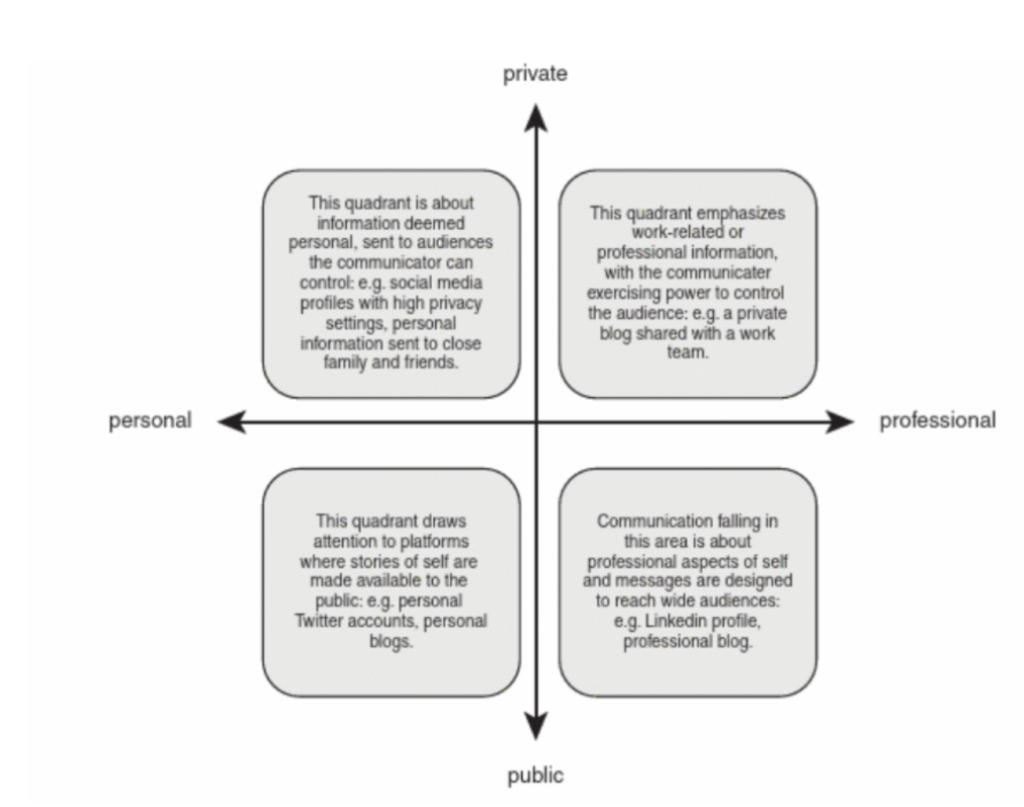Episode 23: Language and Identity Online
Manage episode 332453512 series 2754478
Right at the beginning, we reminisce about previous episodes. You may want to listen (again) to episodes on crisis communication (S1E6) and on negotiations (S2E19). Later we mention two other episodes S1E7 on storytelling
and S1E11 on impression management.
We start our topic, computer-mediated communication and identity, with Erika telling us about the very early days of the Internet. A good, accessible book on that history is:

Hafner, K., & Lyon, M. (1998). Where Wizards Stay up Late: the origins of the Internet. Simon and Schuster.
We also mention Peter Steiner’s 199 cartoon “On the internet, nobody knows you’re a dog”, which has become so famous that it has its own Wikipedia entry.
By The New Yorker, Fair use, https://en.wikipedia.org/w/index.php?curid=13627120And just as a reminder, the Words & Actions podcast is both on Twitter (@_WordsActions_) and Facebook (https://www.facebook.com/WordsandActionsPodcast).

We then go on to introduce the theory for this episode, namely Mary Bucholtz and Kira Hall’s work on identity construction through spoken interaction:
- Bucholtz, M., & Hall, K. (2005). Identity and interaction: A sociocultural linguistic approach. Discourse studies, 7(4-5), 585-614.
- Bucholtz, M., & Hall, K. (2010). Locating identity in language. Language and identities, 18, 18-28.
Erika gets due credit from Bernard and Veronika for her work on constructing identities in digital spaces, e.g.:
- Darics, E. (Ed.). (2015). Digital Business Discourse. Palgrave Macmillan.
- Darics, E. (2020). E-leadership or “how to be boss in instant messaging?” The role of nonverbal communication. International Journal of Business Communication, 57(1), 3-29.
- Darics, E., & Gatti, M. C. (2019). Talking a team into being in online workplace collaborations: the discourse of virtual work. Discourse Studies, 21(3), 237-257.
Still in the introduction, Bernard mentions a study on whether women prefer female bosses:
- Artz, B., & Taengnoi, S. (2016). Do women prefer female bosses? Labour Economics, 42, Pages 194-202. https://doi.org/10.1016/j.labeco.2016.09.003.
We contrast this global study with one that addresses very specific contexts:
- Baxter, J. (2015). Who wants to be the leader? The linguistic construction of emerging leadership in differently gendered teams. International Journal of Business Communication, 52(4), 427-451.
Talking about how identity can be indexed in online interaction, Veronika mentions a recent PhD thesis completed at Lancaster University:
- Triebl, E. (2021). I Am What I’m Not: a corpus-based study of negative self-identification in UK web forums. PhD thesis, Lancaster University. Available at https://eprints.lancs.ac.uk/id/eprint/154283/

Veronika’s current research on how online identity construction works in political discourse is part of a multi-authored book on which she is lead author and that is currently under review with the publisher (so fingers crossed!). The title is Voices of Supporters: Populist parties, social media and the 2019 European elections.
The interview guest for this episode is Alexandra Georgaopoulou, a professor at King’s College London who is known for her work on so-called “small stories” and their function in constructing identities, including online. Some of her main works are
- Georgakopoulou, A. (2007). Small Stories, Interaction and Identities. Benjamins.
- Georgakopoulou, A. (2019). Discourse Analysis: An introduction. Edinburgh University Press.
- Georgakopoulou, A., & De Fina, A. (2011). Analyzing Narrative: Discourse and sociolinguistic perspectives. Cambridge University Press.
- Georgakopoulou, A., & De Fina, A. (Eds) (2015). The Handbook of Narrative Analysis. John Wiley & Sons.
During the interview, she also refers to her work on selfies, on status updates on Facebook and on authenticity:
- Georgakopoulou, A. (2016). From narrating the self to posting self (ies): A small stories approach to selfies. Open Linguistics, 2(1). https://doi.org/10.1515/opli-2016-0014
- Georgakopoulou, A. (2017). Sharing the moment as small stories: The interplay between practices & affordances in the social media-curation of lives. Narrative Inquiry, 27(2), 311-333.
- Georgakopoulou-Nunes, A. (forthcoming). Co-opting small stories on social media: A narrative analysis of the directive of authenticity. Poetics Today.
Moving on to the analysis part of the episode, we look at the social media profiles of footballer, author and campaigner Marcus Rashford: @MarcusRashford (Twitter), marcusrashford (Instagram), _marcusrashford (TikTok). The fan account in TikTok is rashford10marcus. All three accounts feature a logo based on his initials:

In analysing the posts, we draw on a matrix first proposed for how CEOs present themselves online:
- Jameson, D. A. (2014). Crossing public-private and personal-professional boundaries: How changes in technology may affect CEOs’ communication. Business and Professional Communication Quarterly, 77(1), 7-30.

Listen to the episode here
Full transcription of the episode
14 епізодів




